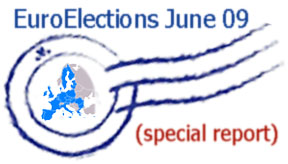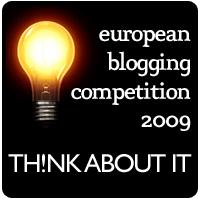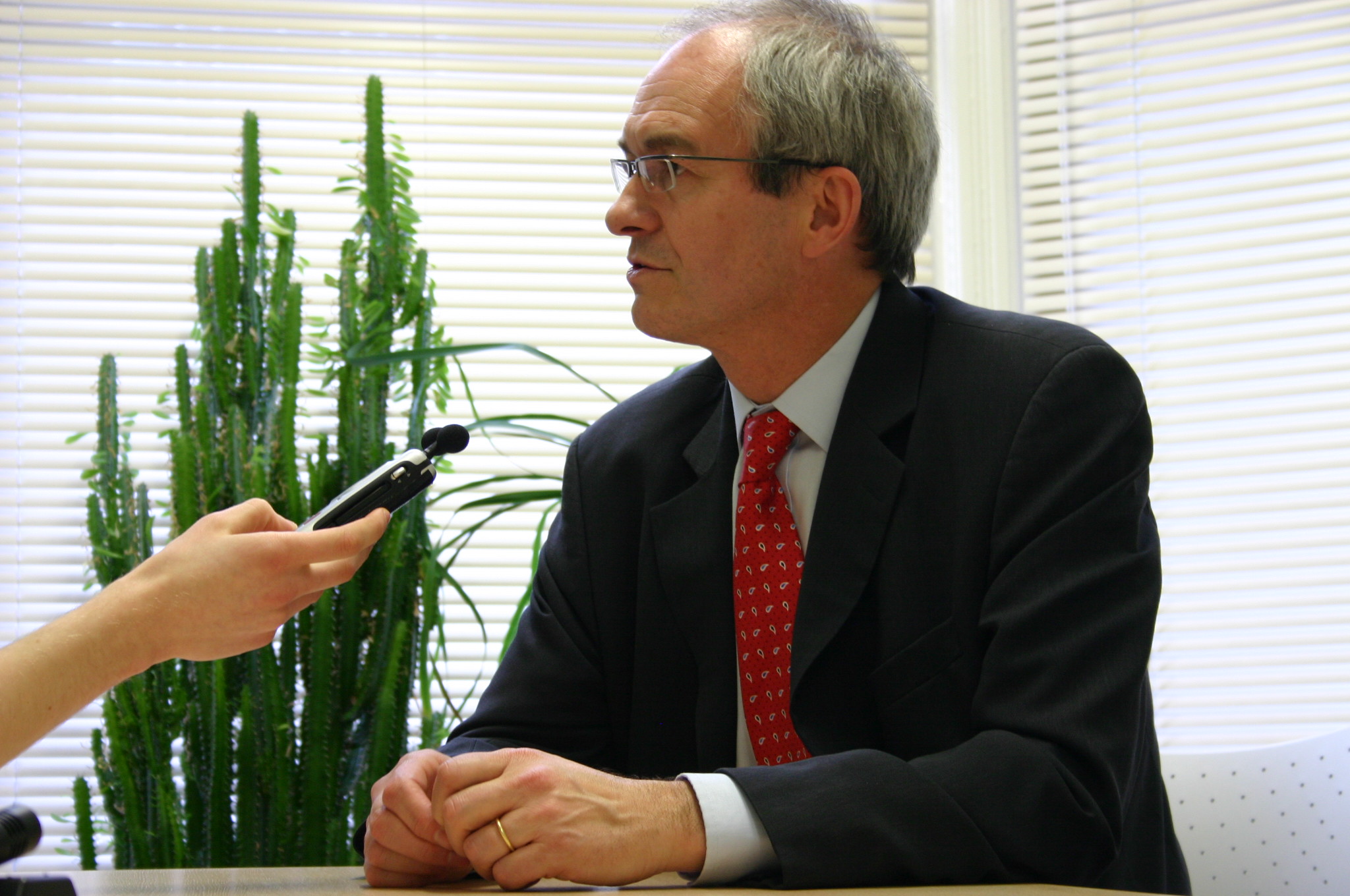You are currently browsing the daily archive for February 10, 2009.
![google-trends-european-institutions-feb-20093 The first [analysis] is very reliable and I think it shows the relative decline in interest for the European institutions and the present Parliament's failure to get public attention.](https://jmecelabblog.wordpress.com/wp-content/uploads/2009/02/google-trends-european-institutions-feb-20093.jpg?w=300&h=160)
Data shows a relative decline in interest for the European institutions
Which institution gets the most attention on the internet? Using the biggest search engines database, it seems that Commission rules the media attention when we talk about the EU. What is very interesting, that the Eastern and the new member states pay a lot more attention to the EU institutions than the old one.
It is visible, that the European Parliament can rule the Google searches, upon which these frequencies are calculated, only in the midst of the election campaign. The European Council, which makes much more serious decisions than the Parliament, gets equal coverage, possibly because of its relative secrecy and because it does not sit permanently.
The highlighted events on the chart are the following:
A – European Commission calls for visa-free travel to Canada for all EU states
B – European Commission gives aide to Burma
C – President Bush Meets with President Sarkozy of France and President Barroso of the European Commission
D – European Parliament honours Chinese dissident
E – European Commission proposes euro200B economic plan
F – EU faces deep, broad recession: European Commission
Attention in Google Searches
Languages
Each comparison is made to the language where people show the most interest towards the European Parliament. This is the Greek-speaking community of Europeans, and their level of interest is taken as 1. If you see another bar at a value of 2 it means that it creates twice more searches in another language for another institution.
Regions
The list of regions (cities and their suburbs or nearby localities) is also very interesting. Not surprisingly, eurocrats are the most interested in the EU, so Luxembourg and Brussels are miles ahead. The surprising fact that there is a relative high interest for the European institutions in the United Kingdom is partly explained by the fact that it has a town which had been always more open to Europe: Edinburgh.
The first [analysis] is very reliable and I think it shows the relative decline in interest for the European institutions and the present Parliament’s failure to get public attention.








Recent Comments